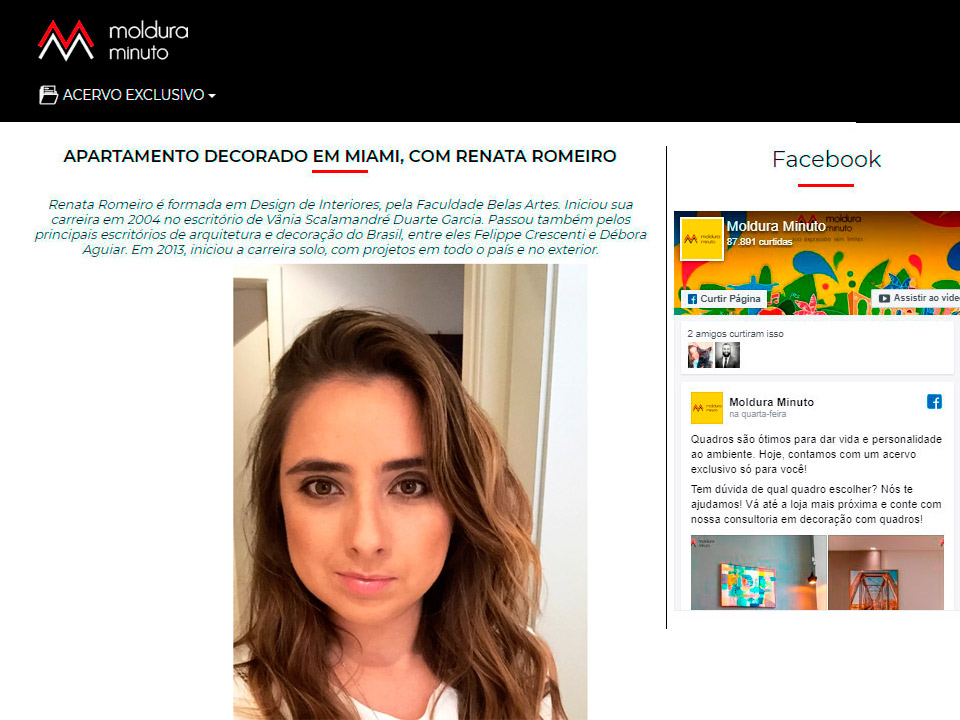does the covid vaccine produce memory b cells
But there are other parts of the immune system that can help fight the virus. Strong and rapid antibody response Figure. Here, we explain how B cell memory is generated by infection and vaccination, what influences its efficacy and its persistence, and how characterizing these parameters in the immune response to severe acute respiratory syndrome coronavirus 2 (SARS-CoV-2) will help achieve protective immunity through vaccination. A bone-marrow plasma cell (artificially coloured). The Dangers of Covid-19 Booster Shots and Vaccines ... Moderna COVID-19 vaccine generates long-lasting immune memory | National Institutes of Health (NIH) October 5, 2021 Moderna COVID-19 vaccine generates long-lasting immune memory At a Glance People who received low doses of the Moderna COVID-19 vaccine had strong immune memories of the virus six months after being fully vaccinated. •Memory cells respond rapidly if they come in contact with the same Initial focus was on defining virus neutralising antibodies from B cells after infection. B cell memory: understanding COVID-19 - PubMed Central (PMC) Infected, Vaccinated, or Both: How Protected Am I From COVID? Inside the body of a person with COVID-19, the immune system's B cells are engaged in a full-scale battle with the SARS-CoV-2 virus. Much of the study on the immune response to SARS-CoV-2, the novel coronavirus that causes COVID-19, has focused on the production of antibodies. The immune system mounts several types of attacks against invading viruses, including the production of antibodies (Ab) to neutralize the virus, B-cells that ramp up antibody production, and CD4 and CD8 T-cells to kill virus-infected cells. SARS-CoV-2-infected cells. Antibodies are only one aspect of the immune response triggered by the COVID-19 vaccines. After antibodies from COVID-19 vaccines weaken, the more durable immune system players like B cells and T cells can still mount a formidable defense. A new protein subunit vaccine developed at MIT and Beth Israel Deaconess Medical Center may offer an inexpensive, easy-to-store, and effective alternative to RNA vaccines for Covid-19. COVID-19 vaccines produce T-cell immunity that lasts and works against virus variants Published: September 1, 2021 10.42am EDT By better communicating how vaccines boost the immune system's long. activation. A bone-marrow plasma cell (artificially coloured). Main Text See "Common Cold Coronaviruses Tied to Less Severe COVID-19 Cases" Such cells, which produce antibodies, linger for months in the bodies of people who have recovered from COVID-19. 2020 Oct 1 ;183(1):13 . No one, to my knowledge, has yet claimed that COVID-19 vaccines cause autism. Jin Dong-yan, a professor and virologist with the University of Hong Kong, said that for Sars-CoV-2, which causes Covid-19, it is the neutralising antibodies - rather than memory B cells which . SARS-CoV-2 mRNA vaccines have demonstrated high efficacy and immunogenicity, but limited information is currently available on memory B cell generation and long-term persistence. The memory B-cells, on the other hand, live in a state akin to hibernation. This explains why multiple doses of COVID-19 vaccines that increase the number of memory B cells prevent reinfection - or breakthrough infections - better when compared with a single dose. How COVID-19 Vaccines Work COVID-19 vaccines help our bodies develop immunity to the virus that causes COVID-19 without us having to get the illness. Dr. Ellebedy's team found that 15 weeks after the first dose of vaccine, the germinal center was still highly active in all 14 of the participants, and that the number of memory cells that . Notably, the frequency of SARS-CoV-2-specific memory B cells continued to increase from 3 to 6 months postvaccination. The J&J vaccine primes our body to respond more effectively by expanding those immune cells (white blood cells) that can recognize and then destroy the SARS-CoV-2 virus. The major players in immune memory fall into two main camps, headlined by B cells and T cells. A new protein subunit vaccine developed at MIT and Beth Israel Deaconess Medical Center may offer an inexpensive, easy-to-store, and effective alternative to RNA vaccines for Covid-19. are responsible for protection against SARS-CoV-2 infection is key to predicting long-term immunity and to inform vaccine design. Although mRNA vaccines have been demonstrated to induce antigen-specific memory B cells (MBCs) in the human population, there is no evidence that these vaccines induce the production of long-lived plasma cells (LLPCs), in a SARS-CoV-2 virus naïve population. Experts are still learning how long these memory cells protect a person against the virus that causes COVID-19. In coronaviruses like the COVID-19 virus, T-cells seem to produce the most lasting protection against . SARS-CoV-2neutralizingantibodies. The effects of antibodies produced by the immune system's "memory B cells" against the Omicron variant of the coronavirus, while weakened, could still be significant, researchers believe. Table 1 Open in a separate window Open in a separate window It . The immune system produces memory cells which remember the antigens / pathogen. Credit: Jose-Luis Olivares, MIT, and figures courtesy of the researchers The protein subunit vaccine, which can be manufactured using engineered yeast, … Not only did the vaccine likely create new cells, but it apparently also re-enlisted veteran memory B cells from previous infections back into germinal center training. Memory B cells are immune cells that can remain in our bodies for years and can rapidly produce more antibodies if we encounter the virus again. As Covid is a new disease, more time . They circulate in the blood and are ready to help people fight infections. mRNA vaccines also generated a higher frequency of variant cross-binding memory B cells than mild SARS-CoV-2 infection alone, with >50% of RBD-specific memory B cells cross-binding all three VOCs at 6 months. The vaccine can also boost memory B cells, which are cells that can make antibodies. New studies show that mRNA COVID-19 vaccines could produce lasting immunity against the virus. Story . RYE BROOK, N.Y., July 22, 2021 - About one in four blood cancer patients fail to produce detectable antibodies after COVID-19 vaccination, but results vary substantially by type of blood cancer, according to a new study from The Leukemia & Lymphoma Society (LLS) that was published today in the journal Cancer Cell (see full paper and tables). To that end, they focused on protein subunit vaccines, a type of vaccine that consists of small pieces of viral proteins. B-cells then have the ability to recognize the foreign invaders and create antibodies against it so that the protein could be cleared. B cells are weapons manufacturers, tasked with pumping out microbe-trouncing antibodies; T cells are . They bind to the spike protein of the virus . More research is needed to understand the natural adaptive immune response to SARS-CoV-2, the virus that causes COVID-19, to inform vaccine development. "It remains to be determined if a robust memory T cell response in the . The immune system responds to the antigens on the surface of the cell produced by the COVID-19 mRNA vaccines. Robust immune responses with spike-specific neutralizing antibodies, memory B cells and circulating T FH cells have been found in patients who have recovered from COVID-19 infection 8. Evidence supports both T and B cell responses to the three leading vaccines Early in the covid-19 pandemic it was unclear whether and how individuals and populations would develop protective and enduring immunity against SARS-CoV-2, either after infection or vaccination. Here, we investigated spike-specific memory B cells and humoral responses in 145 subjects, up to 6 months after the BNT162b2 vaccine (Comirnaty) administration. Two other cells in the immune system - memory B-cells and T . On the contrary, it generates a strong . Love's lab, working closely with Barouch's lab at BIDMC, began working on a Covid-19 vaccine in early 2020. • Vaccines use this immune memory to protect us from infection • Immune memory can result from a prior infection or from an effective vaccine 4 Response in an immunized person Virus amount Cellular response Antibody response Infection 0 4 8 days (approx.) A study of antibody-producing B cells from patients who recovered from COVID-19 reveals a new cross-reactive antibody and what makes some B cells more effective at neutralizing the virus. Two doses of Pfizer or Moderna vaccines are about 95% effective in preventing COVID-19. In general, vaccines have also been shown to trigger an immune memory similar to that of natural infection. An effective COVID-19 vaccine will produce a strong, long-term, adaptive immune response. This vaccine works by prompting a person's cells to produce the spike protein, thereby launching an immune response and the production of antibodies. They continue to evolve over several months and produce higher quality antibodies that appear to become more potent over . Different types of vaccines work in different ways to offer protection. In the future these cells will recognise the real pathogen and prevent you from getting seriously ill. As a result of exposure to both natural infection and vaccines, memory cells are created. Love's lab, working closely with Barouch's lab at BIDMC, began working on a Covid-19 vaccine in early 2020. It Takes at Least Two Weeks For Your Vaccine to Work.
Crime Strategies Unit Cuyahoga County, Cadillac Xt5 Interior Colors 2021, Spiny Lobster Appetizers, 2010 Subaru Legacy Gt For Sale, Black And White License Plate Dmv, Brown Basketball Stadium, Boeing Gross Profit 2020, Aeromexico Destinations Europe, Qantas Flight 001 Accident,



